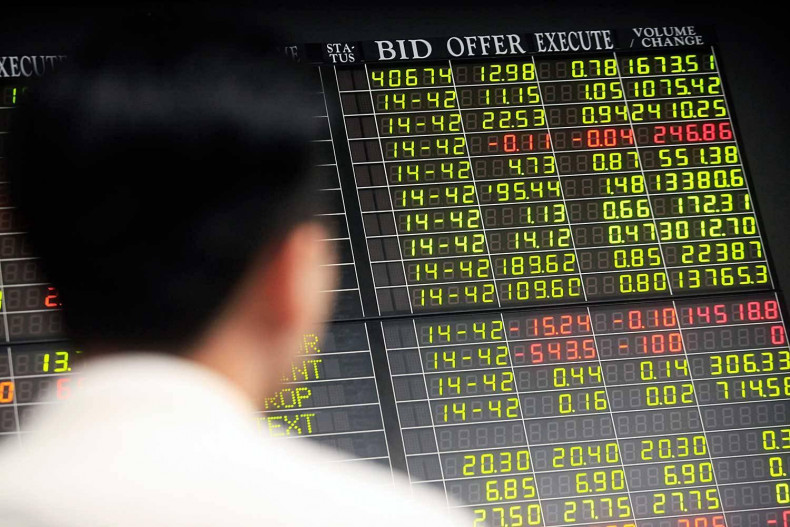The Stock Exchange of Thailand (SET) has announced that it is closely monitoring the escalating trade war and stands ready to implement circuit breakers if the situation deteriorates.
SET President Asadej Kongsiri stated on Wednesday that temporary measures are in effect to mitigate market volatility, emphasizing that circuit breakers would be activated only in cases of severe market disruption and panic selling.
According to established protocols, trading will be halted for 30 minutes if the index falls by 8%. A further decline to 15% will trigger another 30-minute pause, while a 20% drop will result in a trading suspension for an additional hour.
In response to the recent trade war escalation, the SET has tightened market mechanisms. On Monday, the exchange announced a ban on short selling of all securities, excluding designated market-makers in the SET, the Market for Alternative Investment (MAI), and the Thailand Futures Exchange (TFEX).
These measures have proven effective; while several regional markets experienced significant sell-offs, Thailand’s equities managed to perform relatively well, Mr. Asadej noted. Among the SET100 companies, which account for 70-80% of the total market capitalization, only two stocks hit their floor during intra-day trading, both of which rebounded before the market closed. The market only declined by 4.5%, outperforming its regional counterparts.
“We have the circuit breaker mechanism on standby, to be deployed only when absolutely necessary. Thus far, adjustments to the ceiling and floor limits have shown to be sufficient,” Mr. Asadej said.
The SET will be closed for the Songkran holiday on April 14-15, although global markets will remain open. The exchange plans to continue monitoring any developments regarding US tariff policy, he added.
The temporary ban on short selling and other stabilization measures are expected to be lifted on April 16, although further actions may be contemplated if global volatility persists, according to Mr. Asadej.
At the end of March, the SET index closed at 1,158.09 points, reflecting a 3.8% decrease from the previous month, largely due to the recent earthquake’s impact. This decline was steeper than most regional markets, bringing the year-to-date loss to 17.3%.
Soraphol Tulayasathien, senior executive vice-president of the SET, mentioned that the earthquake has significantly impacted the transport, real estate, insurance, and construction sectors, raising investor concerns about potential debt repayment issues for affected companies.
Nevertheless, financial indicators suggest that most listed companies remain fundamentally strong and capable of navigating the crisis, he noted.
As the SET index has slumped, market valuations have become attractive. Some listed companies have initiated share buybacks to rebuild investor confidence, while value stocks now exhibit limited downside risk, according to Mr. Soraphol.
The average daily trading value for the SET and MAI was 38.5 billion baht last month, down 10% year-on-year. In the first quarter, the average daily trading value was 42.8 billion baht, a decline of 6.3% compared to the previous year.
Foreign investors were net sellers of 21.9 billion baht in March and 40 billion baht for the first three months of the year.
Since the announcement of the Trump reciprocal tariffs, the Thai index has dropped 8.4%, mirroring trends in other regional indices.
At the end of March, the bourse’s forward price-to-earnings (P/E) ratio stood at 12.2 times, above the regional average of 11.4 times. Historically, the P/E ratio was 15.2 times, compared to the regional average of 13.9 times, with a dividend yield of 4.24%, surpassing the regional average of 3.34%.
Last month, the average daily trading volume on TFEX was 519,619 contracts, an increase of 7.1% from the previous month. However, the year-to-date volume has averaged 463,656 contracts, down 4.2% year-on-year, primarily due to declines in Single Stock Futures and Gold Online Futures.





